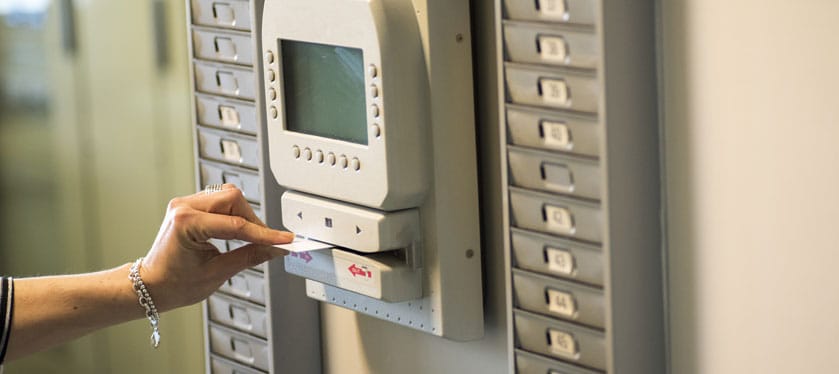Department of Labor Audits: What You Need to Know

What Are Wage Hour Audits?
A wage and hour audit can hit a business at any time and without prior notice. Though wage-hour audits are typically the result of an employee complaint, in recent years the U.S. Department of Labor has targeted specific industries for audits.
All businesses should be aware of the real possibility of an audit and prepare for one. Below, we outline some of the details about wage-hour audits as well as some practical steps to consider.
The federal government’s Department of Labor’s Wage and Hour Division ensures that employers are in compliance with the Fair Labor Standards Act (FLSA). FSLA mandates that non-exempt employees be paid at least the minimum wage for all hours worked and receive overtime pay at time and a half their regular rate of pay for all hours worked in excess of forty hours in a work week.
When conducting an audit, Department of Labor wage and hour auditors typically inspect employer payroll records for the past two years, reviewing records of both current and former employees. If auditors suspect that an employer has willfully violated the FLSA, investigators can review payroll records for three years based on the applicable statute of limitation.
If a willful violation is found, the Secretary of Labor may file suit for back wages and an equal amount as liquidated damages (double damages), as well as the application of civil penalties of up to $1,000 for willful and repeated violations. In sum, primarily because wage and hour violations typically affect multiple employees, such violations can result in substantial monetary exposure to an employer.
An audit can be announced or unannounced. In recent years, the Department of Labor has audited a wide array of employers in industries such as agriculture, day care, healthcare, hospitality, restaurants, and temporary staffing.
Issues of specific concern to the Department of Labor, particularly for repeat FLSA violations, include:
1. Failure to maintain records and overtime payment to non-exempt employees;
2. Salaried employees improperly classified as exempt from overtime without assessment of the performed job duties;
3. Unlawful wage deductions for items against employees;
4. Inaccurate wage payments to immigrant workers and minors who receive less than the minimum wage requirement;
5. Insufficient tips that do not adequately make up the difference between the minimum wage and the employer’s wage obligations.
As soon as possible after receiving notice of the audit, employers should gather and organize the employee and wage records requested for the auditor’s review. Reviewing and organizing these records before the auditor arrives often allows employers to identify and locate missing or misfiled records and to allow for the audit to be efficiently conducted.
In the event of a Department of Labor audit, employers should:
1. Use a private interview room that is available only to you and auditor for the purposes of the audit;
2. Ensure that all required labor law posters and notices are up-to-date, plainly visible, and posted in common areas of the work site;
3. Review time-tracking devices and/or procedures to determine the accuracy of actual time worked by employees;
4. Review and organize payroll records, particularly within the past three years.
Employers should not underestimate the importance of the initial management interview during the audit, as it sets the tone and direction for much of the audit process. Preparing carefully for this interview will assist in demonstrating an employer’s commitment to compliance.
Additionally, auditors are less likely to identify problem issues if the individual being interviewed can adequately and accurately answer questions. In preparing for the interview, employers should consider the following:
1. Familiarity with all job titles maintained;
2. Ability to explain which job categories are being treated as exempt from overtime and the basis for those exemptions;
3. Ability to explain any shift rates, how time is recorded, how overtime is paid and whether practices such as rounding or automatic deductions exist;
4. Knowledge of how employee-wage garnishments are calculated, maintained and paid;
5. Knowledge of whether and how new employees are paid for orientation, training time and medical tests; and
The auditor will likely interview employees from several job categories, particularly those classified as exempt from overtime. Unlike many other government reviews, neither a supervisor nor the employer’s legal counsel may participate in individual employee interviews.
Depending upon the scope of the audit, a closing conference may follow immediately after employee interviews or within a few days.
For additional information on any aspect of a Department of Labor audit or wage issue, or to conduct a self-audit to ensure compliance with the requirements of the Fair Labor Standards Act, please contact Scott H. Wolpert at Timoney Knox LLP.





